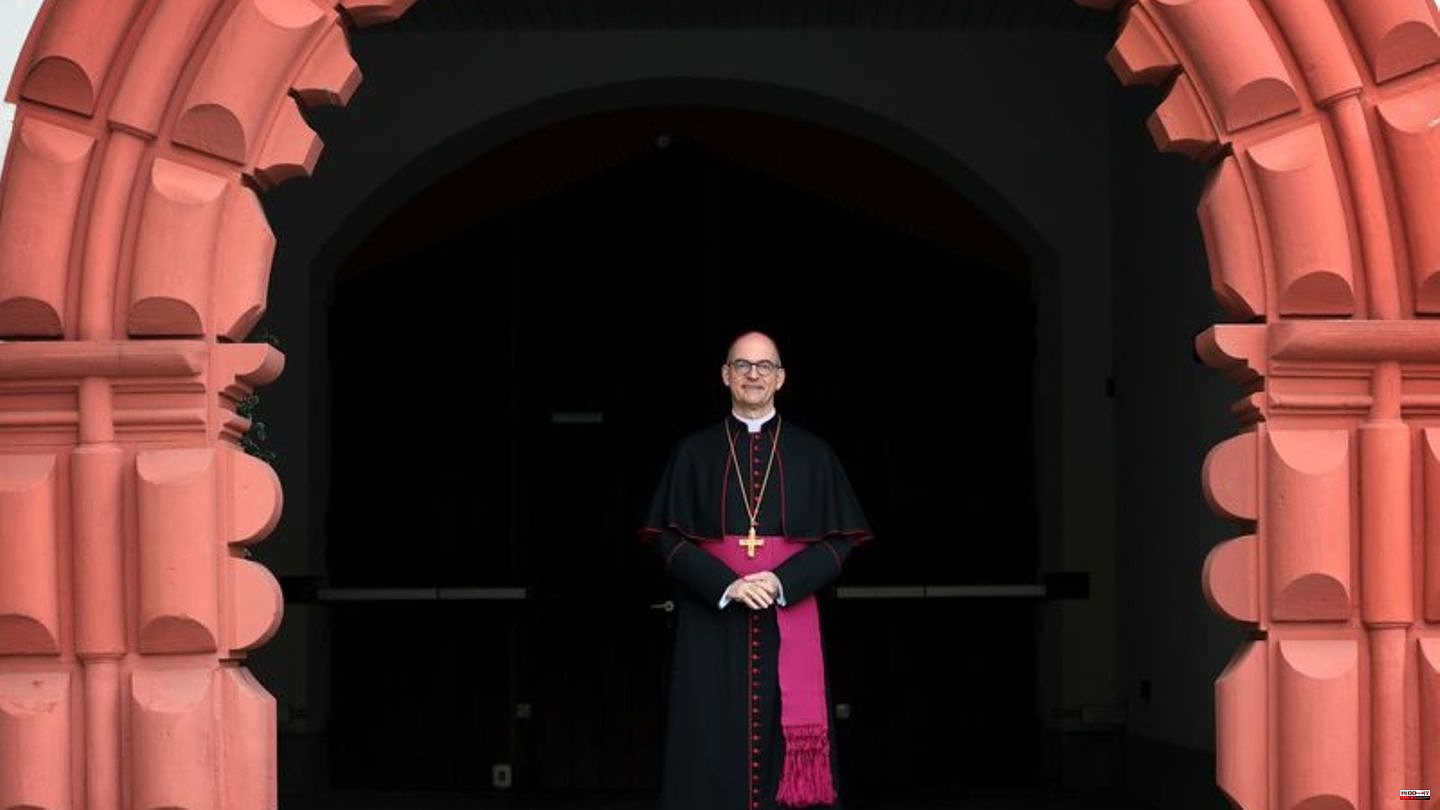Despite the blockade of reform-skeptical bishops in a vote on the sexual morality of the Catholic Church, the synodal path has a future for the Würzburg bishop. "We work on and decide on issues that are important for the Catholic Church in Germany, such as the renewal of the basic order of church service," said Franz Jung of the German Press Agency.
However, it was clear from the start that the synodal path reform process in Germany could only develop templates for the major theological issues "in order to then introduce them to the consultations at the level of the universal church. These include questions about the sacramental ministries for women , after a reassessment of human sexuality and after a reconsideration of the priestly way of life."
The synodal path wants to achieve changes in sexual morality, in the role of women in the church, in dealing with power and in celibacy, the obligatory celibacy of Catholic priests. The trigger for the reform process was the massive crisis of confidence after abuse scandals became known.
Last September, at the synodal assembly of bishops, priests, church employees and numerous lay representatives, a fundamental text on church sexual morality surprisingly failed in the vote - the necessary two-thirds majority of the bishops was missing.
Jung sees several reasons for this. "Some were unable to agree to a text that deviated from the official teaching of the Church because of the promise of obedience," he said. "Others didn't agree with the whole project of reassessing human sexuality." Some points were still too unclear for others, such as the expansion of the conventional gender roles of male and female into something in between.
In July, the Vatican issued a harsh statement to German brothers and sisters in the faith that the synodal path was "not authorized" to develop new forms of leadership and a new orientation of Catholic teaching and morals. Critics of the synodal path say that since this clarification it has finally become apparent that the reform efforts are mere window dressing.
The bishop of Würzburg sees a change of perspective in the recently adopted, more modern labor law for church employees: "The basic order has been fundamentally changed away from orientation towards the person and their personal lifestyle towards loyalty towards the institution and its goals". The diocese wants to implement the new labor law in the first quarter of 2023. "After five years, the renewed basic order should be evaluated," said Jung. "By then we will see whether the basic order has proven its worth or whether it actually needs to be improved."
So far, employees of the Catholic Church have been threatened with dismissal if they marry same-sex people, for example, but also if they marry a second time after a divorce. However, the easing that has been decided does not go far enough for critics.
Würzburg is one of seven dioceses in Bavaria and is located in the north of the Free State. It belongs to the ecclesiastical province of the Archdiocese of Bamberg. About 690,000 of the approximately 1.3 million inhabitants who live in the territory of the diocese are Catholics.
Information on the Diocese of Würzburg












